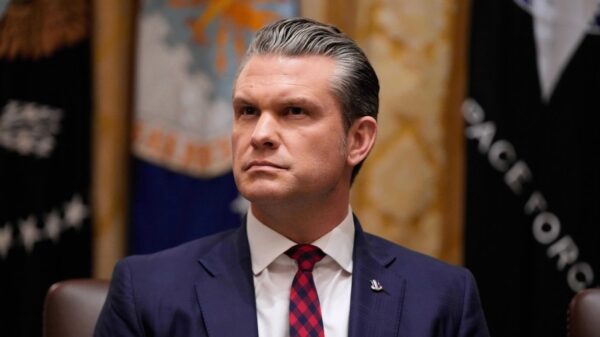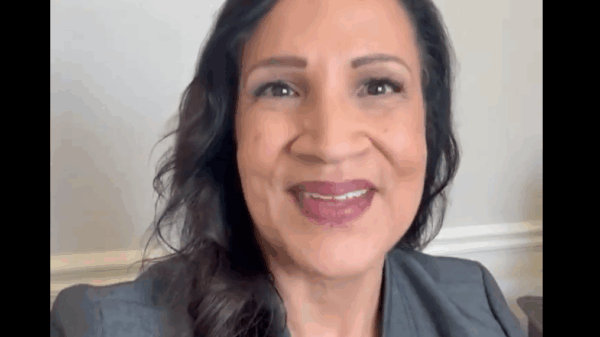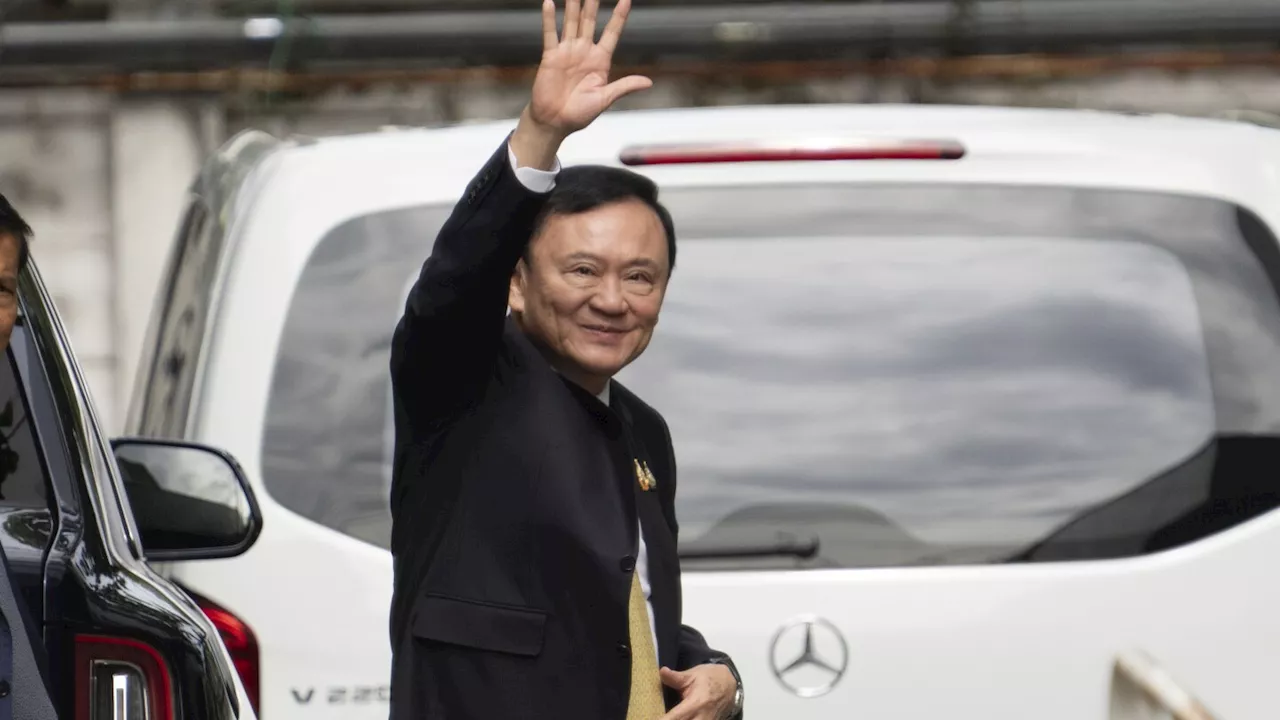Thaksin Shinawatra, the former Prime Minister of Thailand, continues to wield significant influence in the country’s political landscape, even after nearly two decades since his removal from office in a military coup in 2006. His enduring impact is evident as he engages with political developments and shapes party dynamics from abroad.
Despite his ousting, Thaksin remains a prominent figure within the Pheu Thai Party, a political entity closely associated with his legacy. His family, particularly his daughter Paetongtarn Shinawatra, is actively involved in politics, reinforcing the family’s enduring presence in Thai governance. In the 2023 elections, Thaksin’s influence was palpable as the Pheu Thai Party secured a substantial number of seats in parliament, showcasing his lasting appeal among voters.
Thaksin’s Ongoing Political Engagement
Thaksin has not shied away from the political scene, even while living in self-imposed exile. Reports indicate that he closely monitors developments in Thailand and provides guidance to party leaders. His return to Thailand was initially anticipated following the recent elections, but he remains abroad, maintaining a strategic distance while still influencing key political decisions.
The political atmosphere in Thailand has seen significant shifts, particularly with the rise of new parties and movements. The Move Forward Party, which gained traction in the 2023 elections, poses a challenge to the traditional political dynamics that Thaksin once dominated. Nevertheless, Thaksin’s ability to adapt and respond to these changes highlights his acumen as a political strategist.
Thaksin’s tenure as prime minister was marked by ambitious policies aimed at economic growth and poverty alleviation. His administration introduced universal healthcare and rural development projects, which have left a lasting impact on Thai society. Despite the controversies surrounding his government, including allegations of corruption, his policies gained him significant support, particularly among rural voters.
The Future of Thai Politics
As Thailand approaches the next phase of its political journey, the question arises: will Thaksin’s influence continue to shape the nation’s future? His ability to connect with the electorate, particularly younger voters who are increasingly disillusioned with traditional power structures, may play a crucial role.
The Pheu Thai Party, under Thaksin’s indirect guidance, will likely focus on addressing contemporary issues such as economic recovery, social inequality, and the rising demand for democratic reforms. As political tensions remain high, Thaksin’s strategies could either bridge divides or exacerbate existing conflicts.
In conclusion, Thaksin Shinawatra remains a pivotal player in Thailand’s political arena. His legacy, intertwined with the Pheu Thai Party and its electoral successes, continues to resonate with many citizens. As the country navigates its complex political landscape, Thaksin’s actions and decisions will undoubtedly be closely watched, both within Thailand and by the international community.







































































